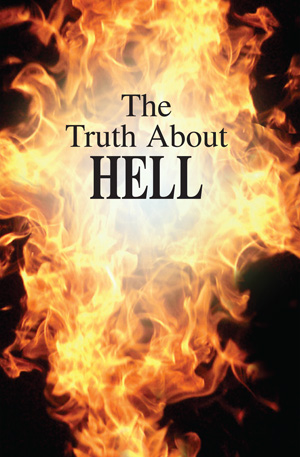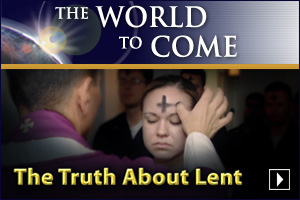The word “everlasting” is translated from the Greek word aionion, which is derived from the root word aion. This word can mean “eternal,” but often the correct definition is “age.” The correct English translation in verse 41 is “age-lasting” fire.
The valley of Hinnom will perpetually burn during the “age” of Christ’s rule on the earth. The world will enjoy one thousand years of “enforced” peace (Rev. 20:4-6) under Christ and the resurrected saints. As a stern warning to the rest of the world, the incorrigibly wicked (those whose minds are set in unrepentant disobedience to God) will be cast into that fire (Isa. 66:24).
In Revelation 20:14 and 21:3, the “everlasting punishment” (Matt. 25:46) is referred to as the “second death.” To be destroyed for all eternity is eternal punishment. Nowhere does God’s Word teach that the wicked will experience eternal punishing. Malachi 4:3 shows that they will be completely burned up, becoming ashes under the feet of the righteous. Also notice that Matthew 25:46 contrasts the punishment coming on the wicked—everlasting death—with the reward offered to the righteous—eternal life.
To learn more, you may wish to read our booklet The Truth About Hell.
While newspapers, magazines and other news media report what happened, The Real Truth analyzes and explains the root cause of why events happen—why humanity is at a loss to solve today’s problems.



















